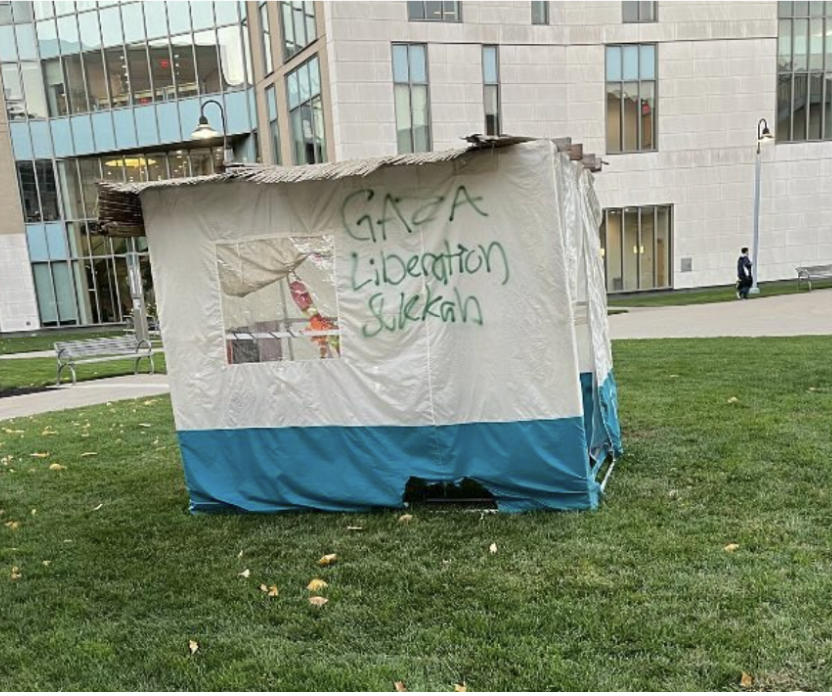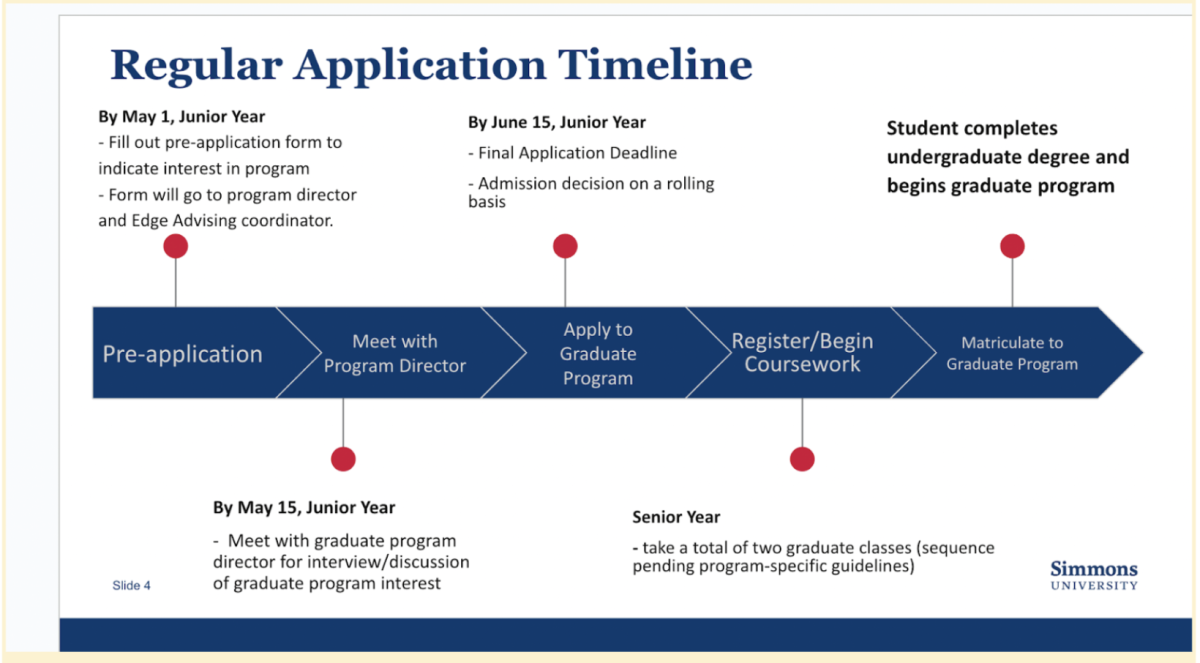By Ellen Garnett
Staff Writer
“No justice, no peace,” chanted a group of Harvard University Dining Services (HUDS) employees who marched down Longwood Ave. on Wednesday afternoon in support of their first strike since 1983.
The Harvard strike began two weeks ago when workers walked out to protest for better wages and against a price hike in health insurance. According to Organizer Jonah Zinn from UNITE Here Local 26, a Boston-based labor union representing HUDS workers, the strike proposes to raise wages to a yearly pay of $35,000 and prevent health insurance costs from increasing. Tension between the Local 26 union and Harvard has been mounting since May in anticipation of the union’s contract expiration on Sept. 16 of this year.
Harvard food service workers strike for better wages and for affordable health care on Longwood Ave.

Currently, there are 750 Harvard food service employees, who, on average, earn $21.89 an hour, which is an arguably competitive wage in the food industry. However, workers are still earning below the baseline yearly pay of Boston at approximately $31,193, according to Harvard’s Information for Employees website.
Workers are not alone in their fight. Senator Elizabeth Warren (who previously worked at Harvard Law School) and Ben Stiller, who was shooting a movie in Cambridge, took a break to join the picket line.
Students also continue to march in solidarity with HUDS workers. Harvard Medical School (HMS) students Micah Johnson and Sanjay Kishore published an article in STAT, a new publication dedicated to health and medicine, showing their support of workers’ accessibility to affordable health care.
“As physicians in training, we cannot stand by as the world’s richest university forces its most vulnerable employees to choose between dinner and a doctor’s visit,” said the article. “Harvard can do better, and this ‘better’ can have a ripple effect on other unions, other universities, and other workplaces across the nation. Employers like Harvard must pursue real innovation, not simply balance their budgets on the backs of those least able to afford it — and least likely to survive it.”
According to a health plan comparison conducted by HMS students, Harvard’s proposed health plan would cost workers more than the Massachusetts health care exchange plan would under the Affordable Care Act if Harvard did not offer one in the first place. The analysis provides an example of a family of three living on a yearly income of $30,000. Under Harvard’s plan, premiums would charge the family $233 a month, or $2,800 a year for the best case scenario (no sick visits), whereas the Massachusetts health care exchange plan would not cost the family anything.
The nation is watching to see how one of America’s most prestigious universities, with an endowment of approximately $37.6 billion, will respond to the needs of low-income workers who literally put food on the table for them. For now, the marches continue, and the strikers’ message is clear:
“Harvard, Harvard, take your time, we’ll be on the picket line.”
Follow the strike on social media using the hashtag #SupportTheStrike.




















